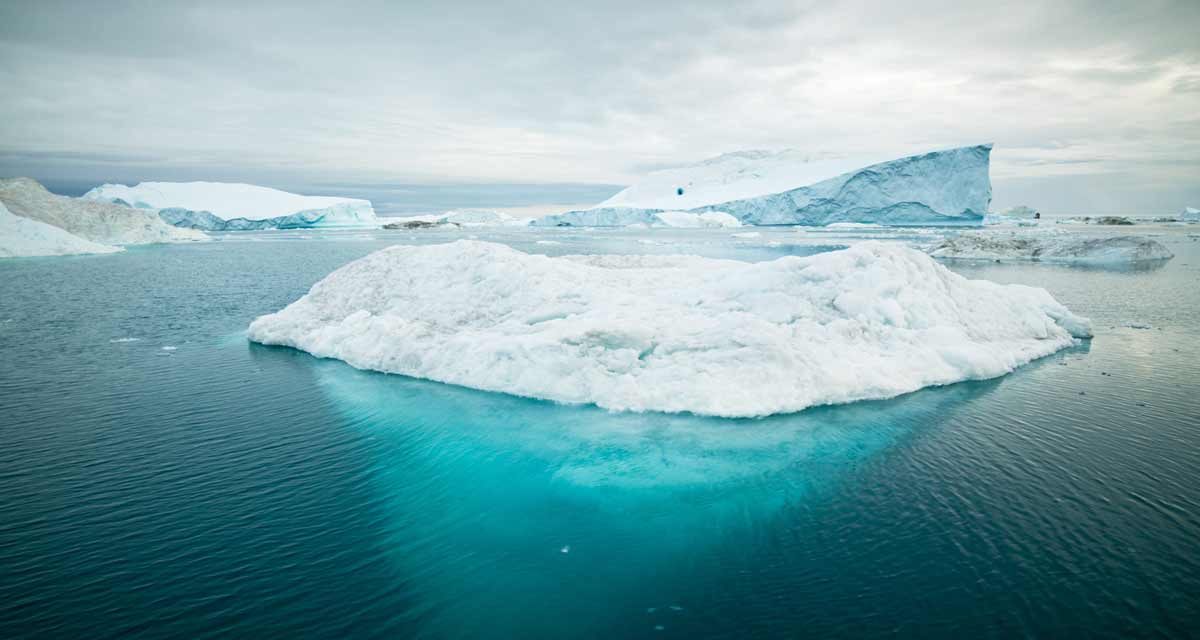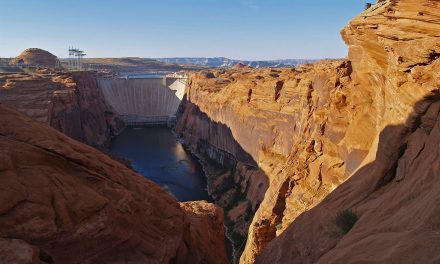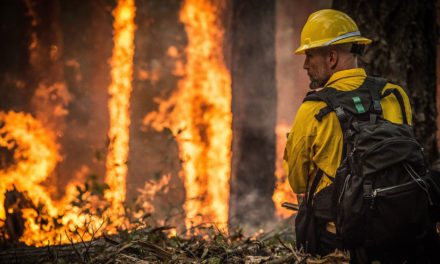Global Implications We all know about the threat of rising sea levels, but the hazards awaiting us are more menacing. Not only may many cities fall underwater but the weather will also be severely affected with extreme disasters becoming increasingly common. Many scientists have emphasised even greater risks such as the planet’s rotation changing, pre-historic viruses exposed, frozen toxins and nuclear waste. As the ice caps melt into the water, extreme damage to ecosystems and biodiversity can also be expected, completely changing life as we know it. Before all of this happens, the indigenous people of Greenland will be among the first to suffer. Much of the Inuit community rely on ice sheets for a variety of reasons from transport to hunting. With places in Greenland already subject to mass melting, the Inuits will likely become displaced and thus lose their traditional way of life.
How Can We Stop This?
Cutting greenhouse gas emissions. It’s a simple answer to a complicated question, but it is the best answer we have. Environmental activists across the globe are urging their government officials to create legislation that will heavily reduce emissions, but many are still denying the impact of fuels like gas, coal and oil on the atmosphere. However, change may be on the horizon. The United Kingdom, for example, recently introduced legislation that will cut emissions to net zero by 2050 and has become the first large economy to do so. Hopefully, others will follow suit before it’s too late.]]>- This Artist is Making the Underwater Arena His Canvas - 28th April 2021
- A Video Game that Promotes Peace and Conflict Resolution - 15th March 2021
- Netflix’s ‘Living Undocumented’ is a Difficult Series to Watch, and Exactly Why We Should - 9th March 2021






